On July 15, 2021, Grand Challenges Explorations grants were announced for 12 researchers from 10 different countries around the world.
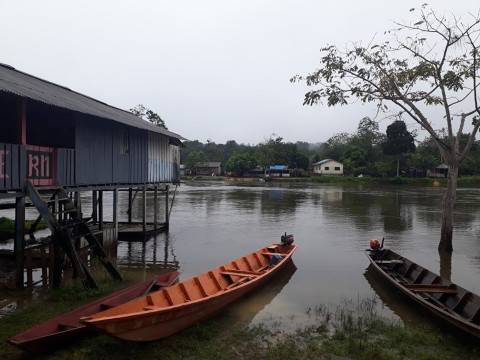
Martha Cecilia Suárez-Mutis of Fiocruz in Brazil will develop a molecular surveillance tool with genome sequencing to monitor the entry and subsequent spread of drug-resistant Plasmodium falciparum, the malaria-causing parasite, from across the country's borders.
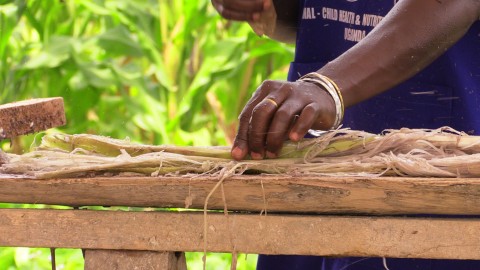
Richard Bbaale of BanaPads Inc. in Uganda will recycle the discarded pseudo stems of banana plants to produce a non-toxic biopolymer and develop biodegradable sanitary pads for women and girls in underserved communities.
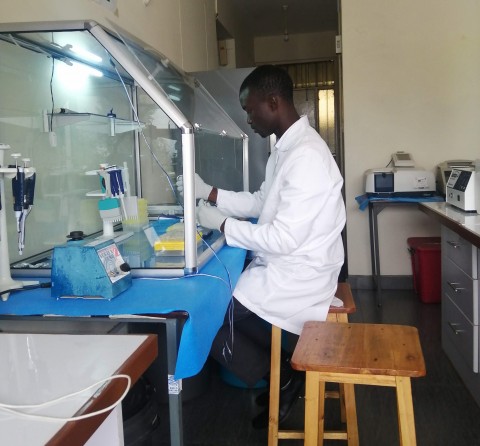
Elly Munde of the Hospital and Health Administration Services in Kenya will integrate a multiplex PCR assay into an existing malaria molecular surveillance program to detect a specific variant in the causative malaria parasite Plasmodium falciparum, which is undetectable by most rapid diagnostic tests and is threatening successful disease control.
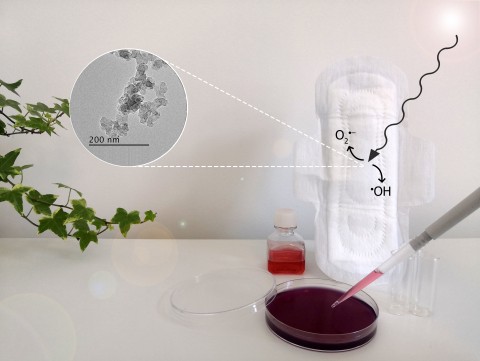
Jennifer Edwards of Cardiff University in the United Kingdom will develop a low-cost material impregnated with a photo-active biocidal compound for producing reusable sanitary products that can be self-cleaned in the sun without the need for water or detergent.
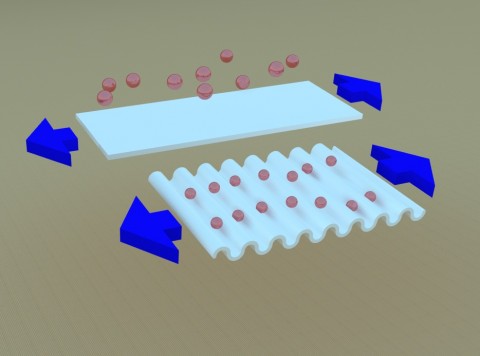
Wei Lu of the University of Michigan in the U.S. will develop a reusable sanitary pad from a highly hydrophobic material containing carbon nanofibers, which clot blood, and microfolds that trap it in small pockets on the surface and can be cleaned without water.
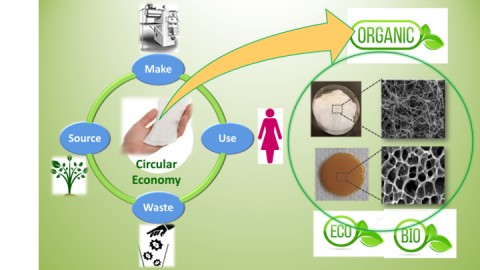
Naba Dutta of RMIT University in Australia will develop disposable sanitary pads from natural, biodegradable polymers and agricultural biproducts such as cellulose to decrease cost and waste production and improve safety.
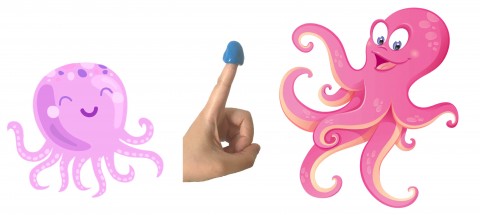
Yilan Ye from Tsinghua University in China will develop a small, self-adhesive menstrual product based on the suction cups of octopuses that can be fixed securely but reversibly inside the vaginal opening to block the flow of blood and enable its convenient disposal.